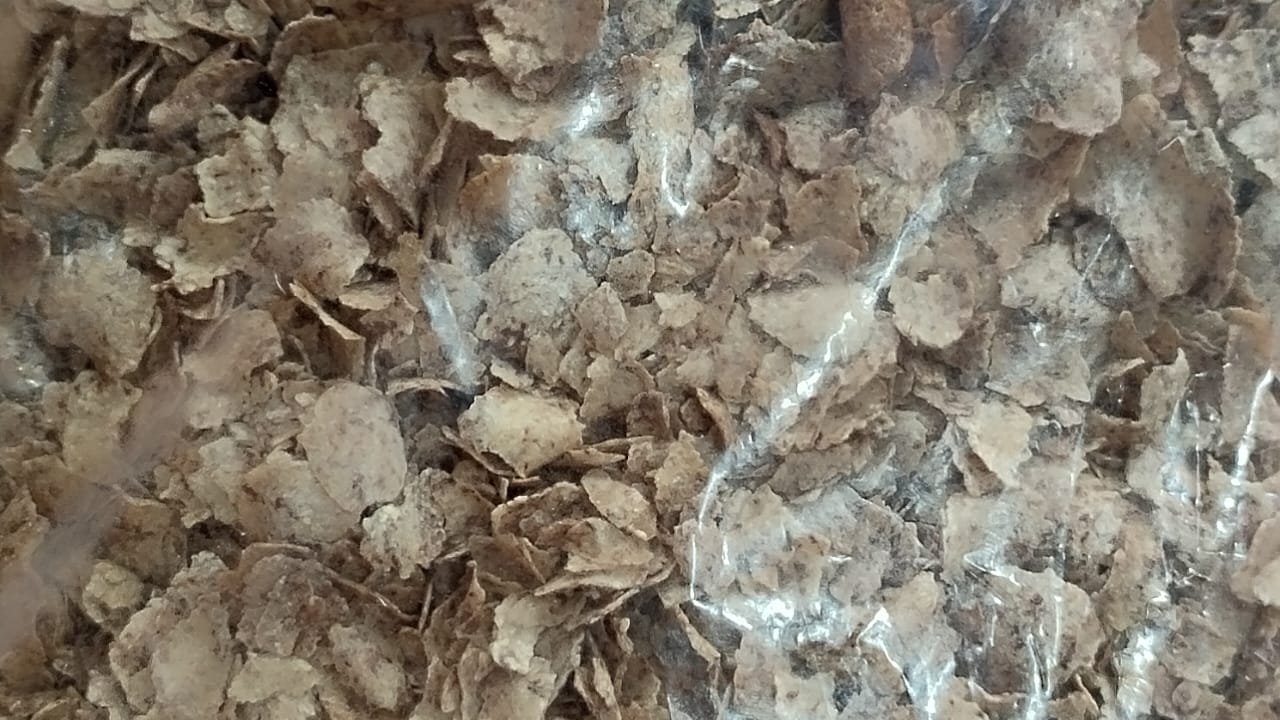In the heart of Maharashtra, a seasoned farmer named Rajesh stood amidst his fields, observing the wilting crops with a heavy heart. Years of relentless farming had worn out the soil, and despite his best efforts, the yield was dwindling. Rajesh, like many farmers across India, faced a common yet critical problem—depleted soil fertility.
Enter the hero of our story groundnut cake. This humble by-product of oil extraction is proving to be a game-changer for farmers like Rajesh, offering a practical solution to rejuvenate their lands and secure their livelihoods.
As the sun set over Rajesh's village, he sat with his friend Anjali, who had recently attended a workshop on sustainable farming. Anjali shared her newfound knowledge about groundnut cake, emphasizing its benefits as an organic fertilizer. She explained how it is rich in nitrogen, phosphorus, and potassium—essential nutrients that replenish soil fertility and boost crop yields.
Intrigued by Anjali's insights, Rajesh decided to give it a try. He sourced groundnut cake from a local supplier and incorporated it into his farming routine. Within months, he noticed a remarkable transformation. His crops grew healthier, greener, and more resilient, even in unpredictable weather conditions. Rajesh's farm was flourishing once again, and his joy knew no bounds.
The success of groundnut cake lies in its dual ability to solve a practical problem and address an emotional need. For farmers like Rajesh, it restores not just the soil but also hope and dignity. It empowers them to sustain their farms without relying on chemical fertilizers, which can be costly and harmful to the environment.
Groundnut cake is not just a fertilizer; it is a symbol of sustainable agriculture, bridging the gap between traditional practices and modern solutions. It aligns with India's growing focus on organic farming, offering a viable alternative that is both cost-effective and environmentally friendly.
Moreover, the benefits of groundnut cake extend beyond the fields. It contributes to a circular economy by utilizing by-products that might otherwise go to waste. This aligns with the global movement towards zero waste and sustainable resource management, making it an ideal choice for environmentally conscious farmers.
Take the case of Lakshmi, a farmer in Tamil Nadu, who transitioned her small farm to organic methods using groundnut cake. Her crops not only thrived but also fetched higher prices in the market, as consumers increasingly seek organic produce. Lakshmi's story is a testament to the transformative power of groundnut cake, illustrating its potential to uplift entire communities by fostering economic growth and environmental stewardship.
For those interested in adopting groundnut cake, it's essential to understand its application. Typically, it is used as a basal dose during soil preparation or as a top dressing for growing crops. Farmers can consult local agricultural experts to tailor its use based on specific soil and crop requirements.
In conclusion, groundnut cake is more than just an agricultural input; it is a lifeline for Indian farmers like Rajesh and Lakshmi. By addressing the critical issue of soil fertility, it paves the way for a sustainable and prosperous future. As more farmers embrace this organic solution, they contribute to a healthier planet and a more secure food supply.
So, the next time you enjoy a meal, spare a thought for the groundnut cake and the farmers whose lives it has transformed. Together, we can nourish the future—one farm at a time.
Visit Vyaparify Site:
https://id.vyaparify.com/bmart 
